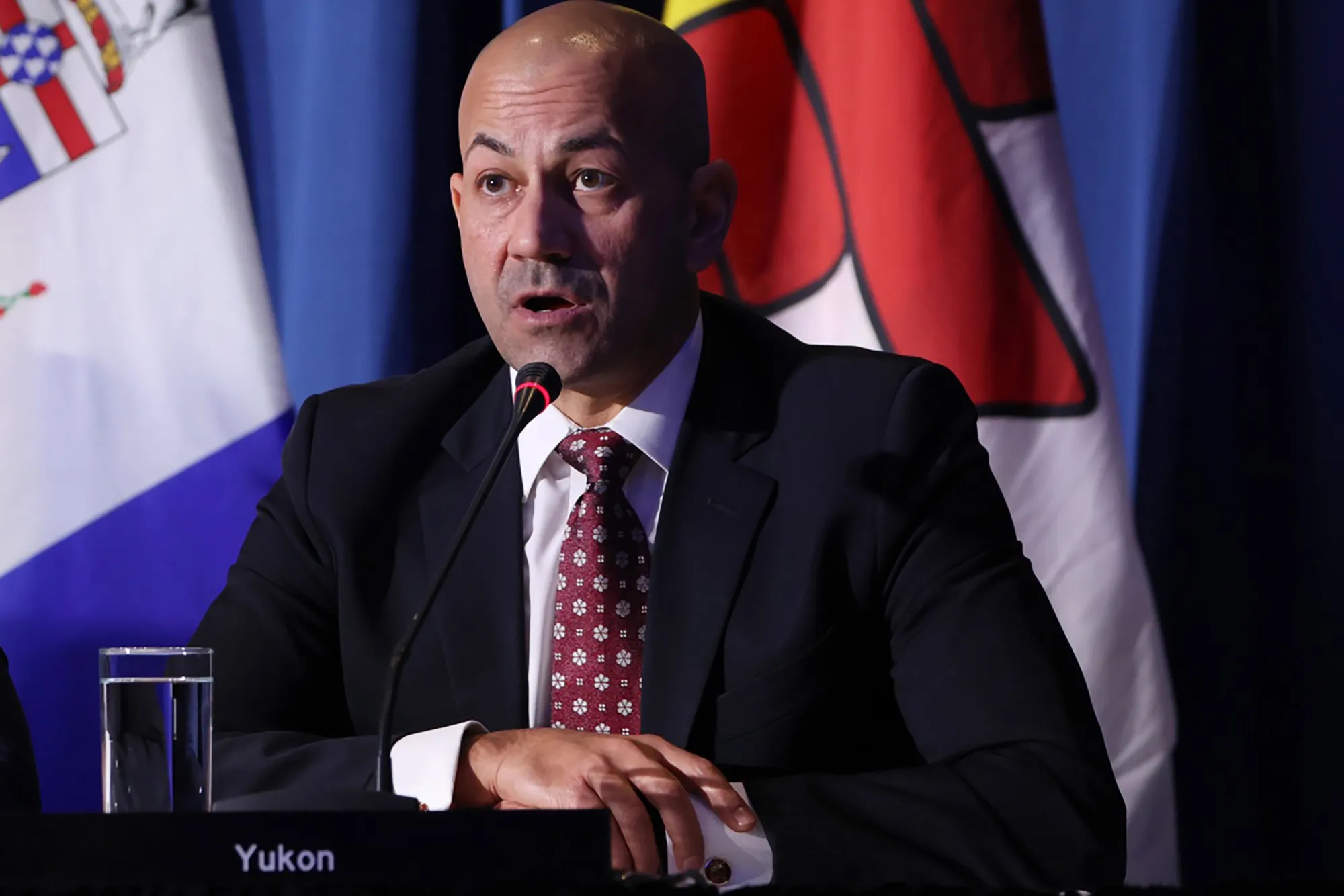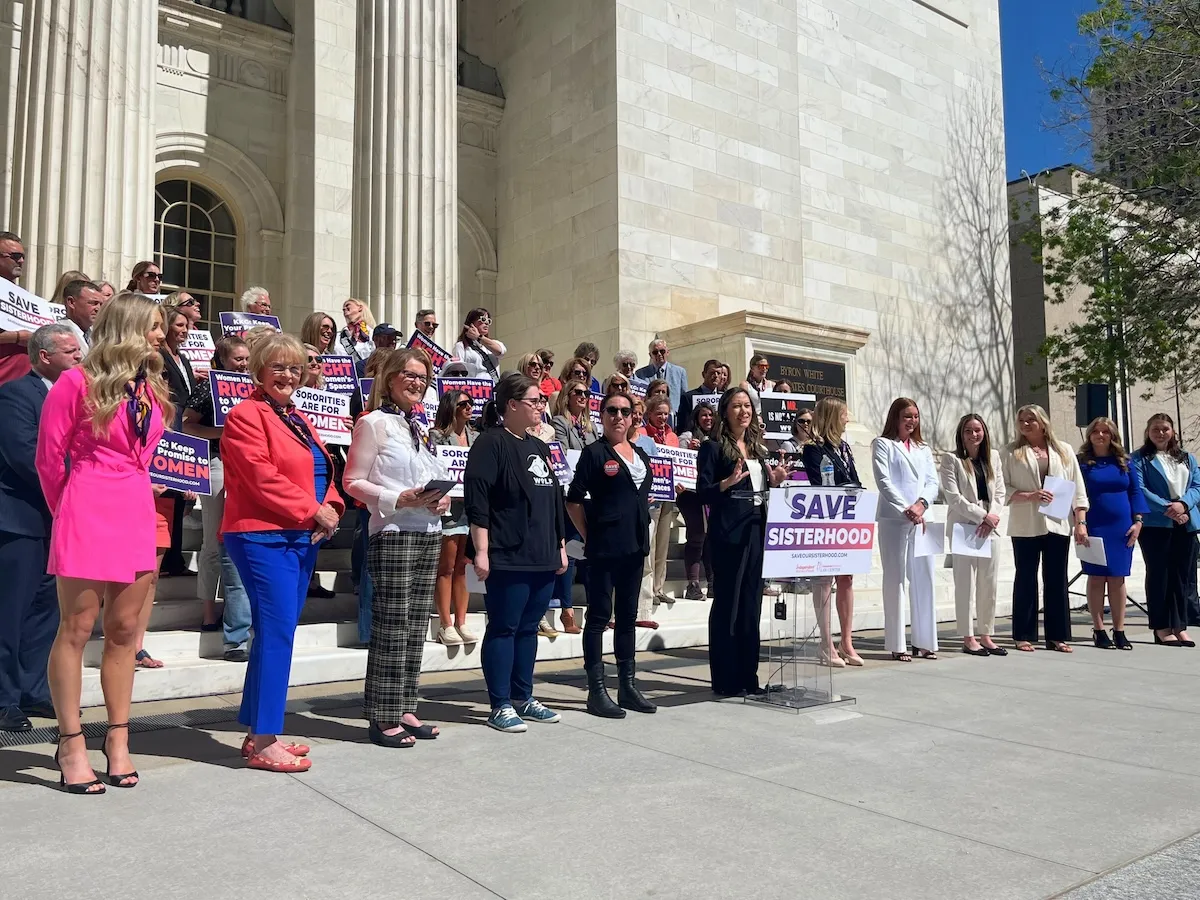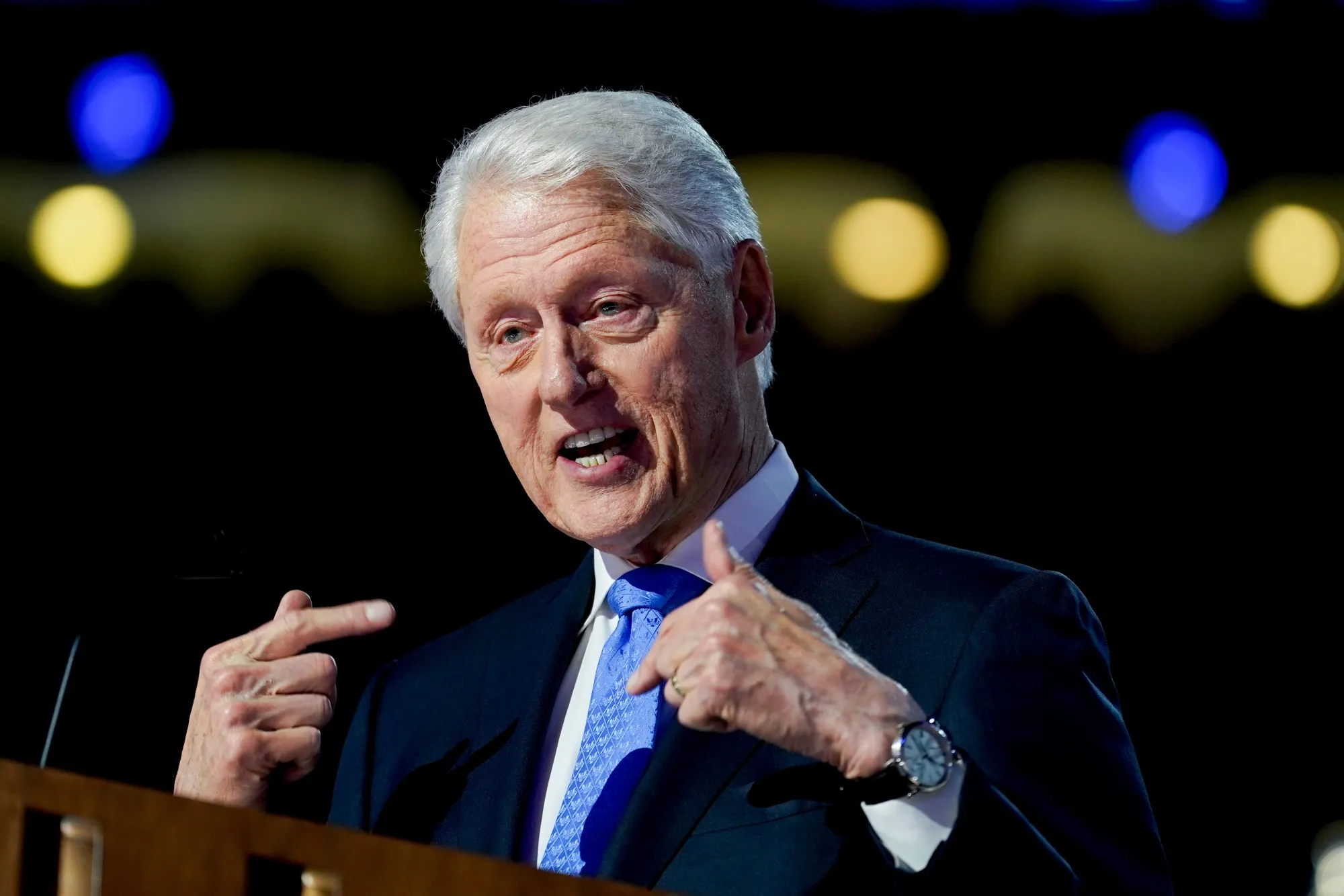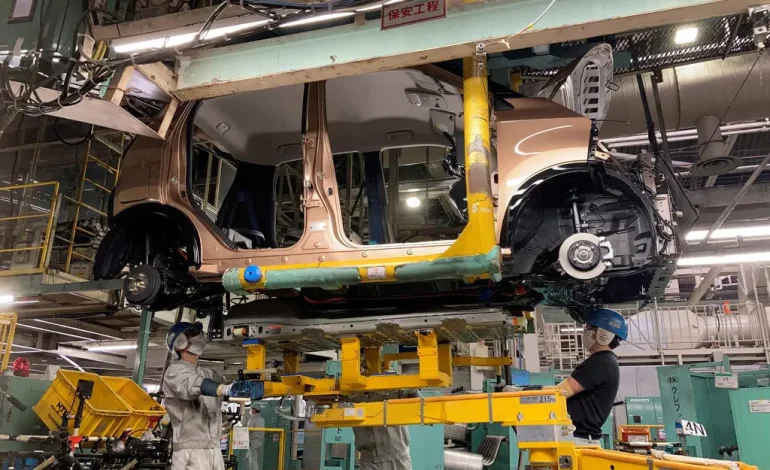Japanese automakers Honda and Nissan recently announced discussions for a potential merger aimed at strengthening their competitiveness in the evolving automotive landscape.
However, the proposal has raised concerns among industry experts, including former Nissan CEO Carlos Ghosn, who warned of potential “cost-cutting carnage” due to overlaps between the two companies’ operations.
Ghosn, who led Nissan for nearly two decades, expressed skepticism about the merger’s viability, citing extensive duplication in technology, production, and resources between the two automakers.
“Honda is likely to take the lead in this partnership, which may leave Nissan at a disadvantage,” Ghosn stated in an interview with CNBC.
He suggested that the move reflects Nissan’s struggle to address declining sales and profitability independently.
The proposed merger comes as automakers worldwide face mounting pressure to transition to electric vehicles (EVs) and invest in autonomous driving technologies. Combining their resources could enable Honda and Nissan to share development costs, streamline production, and achieve economies of scale. Together, the merged entity could become the world’s third-largest automaker by sales, trailing only Toyota and Volkswagen.
Honda’s CEO Toshihiro Mibe emphasized the potential synergies, highlighting shared expertise and resources that could enhance competitiveness in the EV market. However, he acknowledged concerns among stakeholders about whether Honda would bear the brunt of supporting Nissan’s restructuring efforts.
Mergers in the automotive industry often face significant hurdles, including cultural differences, overlapping operations, and political pressures to preserve jobs. The merger plan proposes a holding company to oversee operations, with Honda nominating most board members—a detail that has fueled speculation about Honda’s dominant role in the partnership.
Industry analysts have noted that the success of the merger will hinge on effective integration, which includes consolidating operations, addressing redundancies, and aligning strategic goals. Without careful execution, the partnership could struggle to deliver the anticipated benefits.
Nissan’s recent challenges include plummeting sales in critical markets such as China and the United States, aging vehicle models, and management upheavals. The automaker is concurrently undergoing a restructuring plan that includes reducing global production capacity and workforce cuts. Ghosn, who fled Japan amid financial misconduct charges, argued that Nissan’s current predicament highlights the need for deeper internal reforms.
With input from CNBC and the New York Times.









